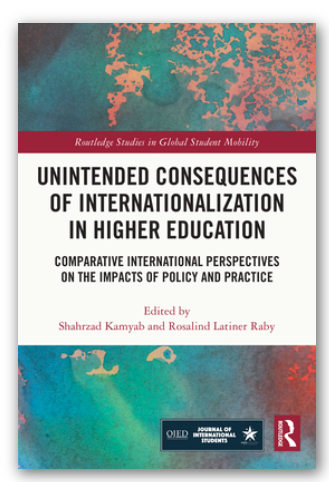
Unintended Consequences of Internationalization in Higher Education: Comparative International Perspectives on the Impacts of Policy and Practice
Synopsis
By presenting case studies of internationalization in institutions of higher education around the world, this volume identifies unforeseen or unintended impacts within and across countries.
With contributions from Africa, Asia, Europe, Latin America, Middle East, and North America the volume considers the nature and origin of positive and negative unintended consequences of internationalization policy and practice in national contexts, while also offering uniquely comparative insights. Chapters consider how internationalization is reflected in curricula, teaching, research, and mobility initiatives to highlight common pitfalls, as well as best practice for effective, sustainable, and equitable internationalization globally. Using a critical lens, the book explores how internationalization offers opportunities for learning, for entrepreneurial change, and for knowledge dissemination, and generates paradoxes and dilemmas in terms of political and ethical issues for individuals, communities, and the institutions themselves.
Foregrounding the study of internalization in countries not typically studied, this book is a valuable resource for researchers and academics with an interest in internationalization, comparative and international education, and the sociology of education.




